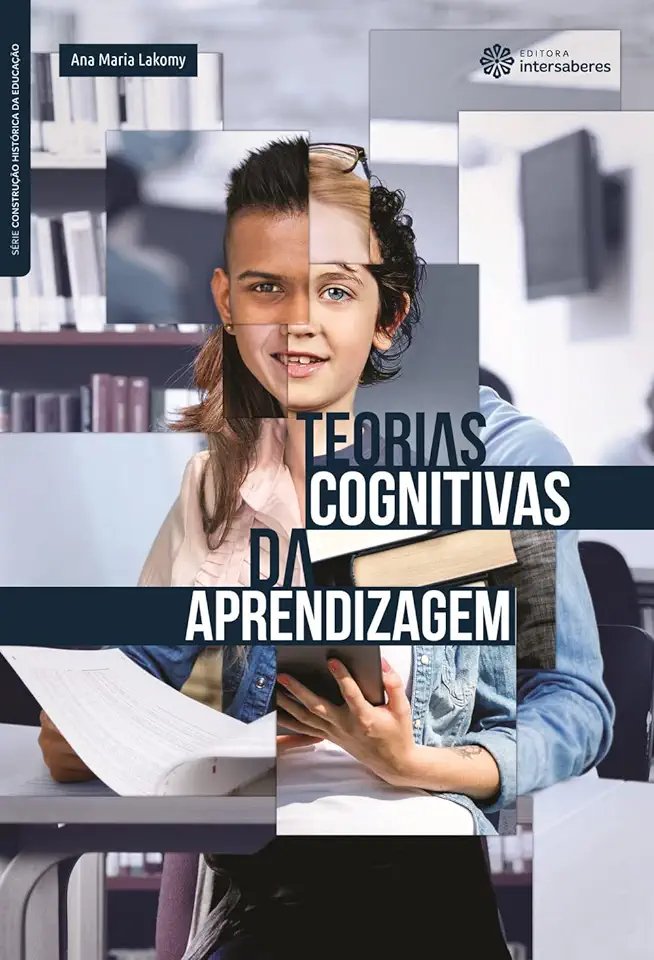
Cognitive Theories of Learning - Ana Maria Lakomy
Cognitive Theories of Learning: Understanding How People Learn
Introduction
In the ever-changing landscape of education, understanding how people learn is of paramount importance. Cognitive theories of learning provide a framework for comprehending the intricate processes involved in acquiring, retaining, and applying knowledge. This book, "Cognitive Theories of Learning" by Ana Maria Lakomy, delves into the depths of these theories, offering a comprehensive exploration of the cognitive processes that underpin learning.
Key Concepts and Theories
Lakomy introduces readers to the fundamental concepts and theories that shape our understanding of learning. She begins by defining learning as a relatively permanent change in behavior or knowledge that results from experience. This broad definition encompasses various forms of learning, from simple skill acquisition to complex problem-solving.
The book then delves into specific cognitive theories of learning, including:
Behaviorism: This theory emphasizes the role of observable behavior in learning. Behaviorists believe that learning occurs through conditioning, where desired behaviors are reinforced and undesirable behaviors are punished.
Cognitive Psychology: This approach focuses on the mental processes involved in learning, such as attention, memory, and problem-solving. Cognitive psychologists believe that learning is an active process where individuals construct knowledge through their interactions with the environment.
Constructivism: This theory posits that learners actively construct knowledge through their experiences. Constructivists believe that learning is a social process where individuals collaborate and share ideas to build understanding.
Situated Learning: This theory emphasizes the importance of context in learning. Situated learning theorists believe that learning is best achieved when it occurs in authentic, real-world situations.
Applications in Education
Lakomy skillfully demonstrates how cognitive theories of learning can be applied in educational settings to enhance teaching and learning practices. She provides practical strategies and techniques that educators can use to create effective learning environments that cater to different learning styles and needs.
For instance, behaviorist principles can be applied to reinforce positive behaviors and discourage disruptive behaviors in the classroom. Cognitive psychology can inform the design of instructional materials and activities that promote active learning and problem-solving. Constructivist approaches can encourage collaborative learning and knowledge construction. Situated learning can be facilitated by providing students with opportunities to learn in real-world contexts.
Research and Evidence
Lakomy supports her arguments with a wealth of research and evidence from empirical studies. She presents findings from experiments, case studies, and other research methodologies to substantiate the claims made by cognitive theories of learning. This evidence-based approach adds credibility to the book and demonstrates the scientific rigor behind the theories discussed.
Conclusion
"Cognitive Theories of Learning" by Ana Maria Lakomy is a comprehensive and engaging exploration of the cognitive processes involved in learning. Through a thorough examination of key concepts and theories, the book provides a solid foundation for understanding how people learn. The practical applications and research-based evidence make this book an invaluable resource for educators, researchers, and anyone interested in the field of learning and cognition.
If you are passionate about education and want to deepen your understanding of how people learn, this book is a must-read. It will equip you with the knowledge and tools to create effective learning environments and foster a lifelong love for learning in your students.
Enjoyed the summary? Discover all the details and take your reading to the next level — [click here to view the book on Amazon!]